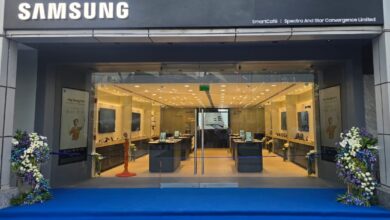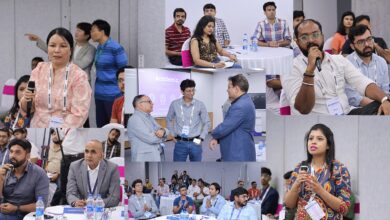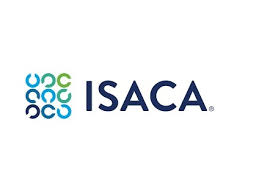Here’s a look at Samsung Solve for Tomorrow Teams Who are Working to Improve Healthcare Services
Samsung’s Gen Z education and innovation competition Solve for Tomorrow got over 18,000 registrations from youth across cities, towns and villages in India, highlighting the entrepreneurial spirit of Bharat.
Interestingly, the top 50 teams that have been chosen for the next phase of ‘Solve for Tomorrow’ have had a particular affinity towards solving issues in healthcare.
Samsung had asked participants to send in their ideas in 4 theme areas – Education, Environment, Healthcare and Agriculture.
Of the top 50 teams, 31 teams have ideas around solving problems in healthcare, from developing monitoring devices, diagnostic aids and special aids for the differently abled to improvements that help medical and ambulance services, and two very interesting ideas around menstruation.
In the first part of this series on our Top 50 teams, we spoke to six teams that worked on solutions for improved healthcare services:
Team 1 – The Social Workers
Thanusree, Sonam and Shivani, who are team Social Workers are developing an app and a website that will take the medical system online, making doctors consultations, ambulance services and other services available at the click of a button.

Thanusree, Sonam and Shivani always wanted to be the change makers
The three friends thought of this ideas during the pandemic when they noticed the problems faced by patients in consulting a doctor by putting their lives at risk.
The three girls from Andhra Pradesh started researching for the need to decrease the effort of consulting a doctor even in remote parts of the country.
Their personal experiences with Covid gave them a strong reason and belief in working on The Social Workers App that will benefit the lives of people around them.
Team 2 – One Space
Dhruva, Kruthi and Bhanu are working on the OneSpace digital platform that will help children with autism and their parents find easy access to mental health professionals and streamlined care.

Dhruva, Kruthi and Bhanu from Team One Space
They feel this will empower children and parents to deal with each other in a better and healthier way.
Team 3 – Team Outlaws
Aarav, Faheem and Anaswara from Team Outlaws began studying the molecular structures of vaccines when India was fighting hard against the pandemic. All of their research lead them to design AI algorithms that will potentially help in the development of new drugs and vaccines.

Faheem, Anaswara and Aarav are all smiles after being selected in the top 50
With the help of Solve for Tomorrow, now they want to simulate models of medical trials for faster processes that save time and money. Their AI device would use machine learning models to search medical data and uncover insights to help improve health outcomes and patient experiences.
Team 4 – Critical Care
Vansh and Sudhanshu from Delhi have seen many accidents where people didn’t survive just because they didn’t get immediate medical care. These two young android developers plan to create The CriticalCare app which will ensure that fully equipped ambulances reach patients on time.

Vansh and Sudhanshu from Delhi
Before planning for the app, the duo spoke to drivers, private owners, accident victims and their families to get a sense of how crucial is the need for a quick ambulance service in such situations.
Team 5– xTrend’s
Abhinav, Anish and Vignesh’s xTend’s app will help people self-diagnose certain diseases and organize doctors’ appointments with nearby hospitals. They’re a team of three computer engineers on a quest to use IT to transform the medical industry. They will be using their AI and machine learning expertise to help patients dig deep into their symptoms and diagnose for a disease at a primary level.

Abhinav, Anish and Vignesh are on a quest to use IT to transform the medical industry
These teams, along with others in the top 50, will now attend a three-day Bootcamp at IIT Delhi where they will receive expert advice, guidance and mentoring.
Over two days at IIT Delhi, seasoned experts will guide the teams on how to build their first prototype and effectively pitch their ideas in front of an expert Samsung jury on Day 3. The jury will select the top 10 teams.
Team 6 – AI Overflow
Chetan and Subhanu are young techies from Andhra Pradesh who want to revolutionise the way oxygen, plasma and medicines are delivered to hospitals. Their app AIOverflow will optimize deliver of these to hospitals in a max time of 10-15 minutes.

Chetan and Subhanu from Andhra Pradesh
“According to the National Crime Records Bureau, nearly 24,012 people die each day due to delays in getting medical assistance. Many of these people have suffered heart attacks and brain hemorrhages due to the delay,” said Chetan.
With their app, the duo wants to create an ecosystem for the most critical medicines and healthcare services in and around different pockets of cities to ensure timely delivery to hospitals.



